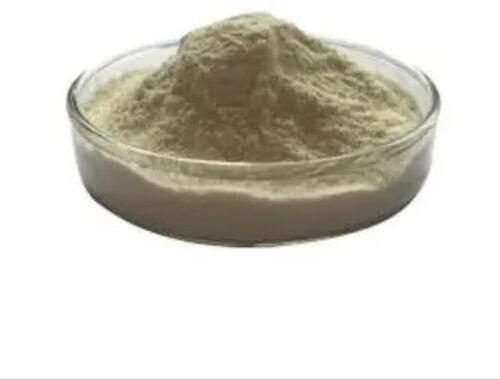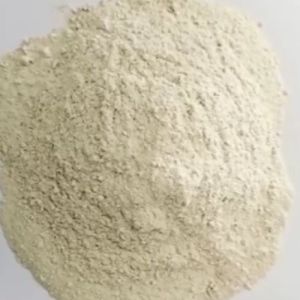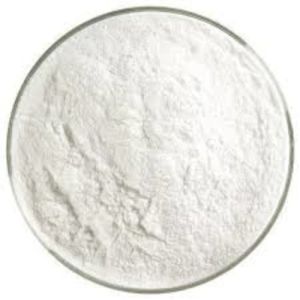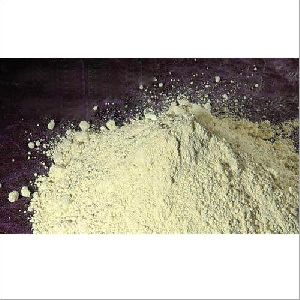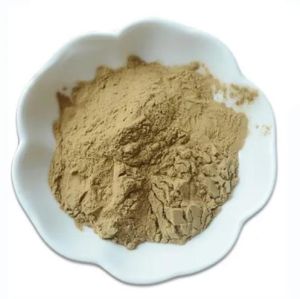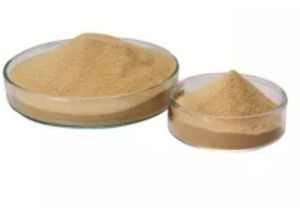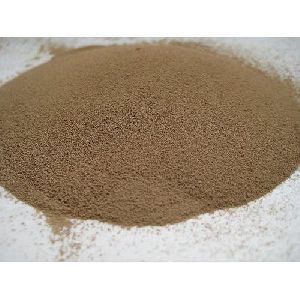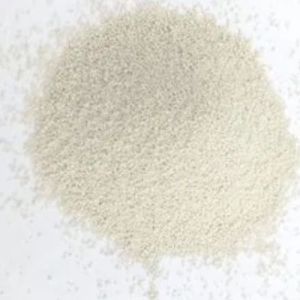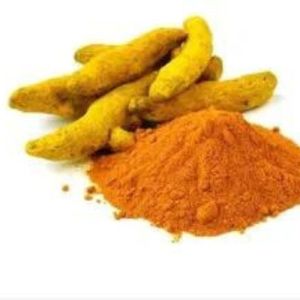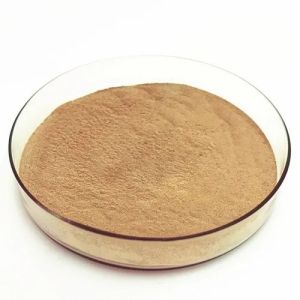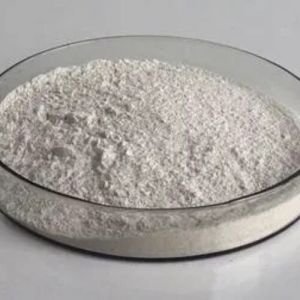sales@pharmabiz.co View Mobile Number
- Send SMS Send Email
| Business Type | Manufacturer, Exporter, Supplier, Trader |
| Form | Powder |
| Country of Origin | India |
| Type | Technical grade |
| Click to view more | |
Product Details
Acid cellulase is an enzyme complex that hydrolyzes cellulose into glucose under acidic pH conditions. It is a vital tool in industries processing plant biomass, especially where cellulosic material (bagasse, grain husks, molasses residues) needs to be broken down into fermentable sugars.
🔍 1. What is Acid Cellulase?-
Enzyme class: Hydrolase (EC 3.2.1.4)
-
Primary activity: Breaks β-1,4-glycosidic bonds in cellulose
-
Optimal pH: 4.0 – 5.5
-
End products: Glucose, cellobiose
-
Derived from: Fungi like Trichoderma reesei, Aspergillus niger
-
Lignocellulosic ethanol: Converts agro-waste (bagasse, corn stover, rice husk) into fermentable sugars
-
In saccharification step of SSF (Simultaneous Saccharification and Fermentation)
-
Increases overall ethanol yield
-
Reduces viscosity and improves substrate flow
-
Treats bagasse, filter cake, and trash to release entrapped sugars
-
Enhances sugar recovery from molasses and fibrous residues
-
Helps in clarification and reduction of non-sugar solids
-
Applied to grain or molasses-based mash
-
Breaks down residual cellulose in grain husks or pressmud
-
Increases fermentable carbohydrate availability
-
Improves fermentation efficiency and alcohol recovery
| Breaks down cellulose | Releases glucose from fibrous biomass |
| Improves fermentation | More sugars for yeast = higher ethanol yield |
| Reduces waste load | Converts waste to valuable inputs |
| Works in acidic conditions | Compatible with typical fermentation pH (4.5–5) |
| Reduces viscosity | Easier handling of thick biomass slurries |
-
Typical dosage: 0.1 – 0.5% w/w of dry substrate
-
pH range: 4.0 – 5.5 (optimum)
-
Temperature: 45°C – 60°C
-
Retention time: 2–6 hours (varies by substrate & enzyme strength)
Looking for "Acid Cellulase" ?
Explore More Products


